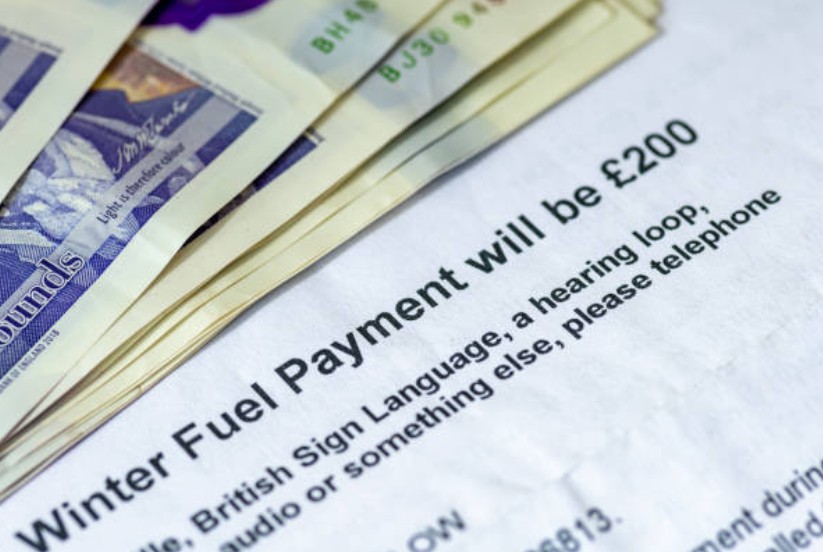Winter Fuel Payment: What to Do If You Don’t Qualify in 2025
This year Winter Fuel Payment (WFP) is not for all pensioners. Even if you meet the age and income requirements, certain exclusions could leave you without the annual winter boost.
The government has confirmed that four main groups will miss out on the 2025 WFP:
- People living outside England and Wales. Scotland and Northern Ireland now operate their own schemes.
- Those in hospital or prison during the qualifying week of 15–21 September 2025.
- Pensioners in care homes since 23 June 2025 or earlier, who also receive income-based benefits similar to Universal Credit, Pension Credit, Income Support, Jobseeker’s Allowance, or Employment and Support Allowance.
- Individuals with confined immigration status who are ineligible for public finances.
If you fall into one of these orders or simply don’t meet the criteria, help is still available to manage energy costs during this downtime.
Pension Credit
For older adults on low incomes, Pension Credit remains a crucial support. It tops up weekly income to a guaranteed minimum and opens the door to other assistance.
If you qualify, you may also receive:
- Cold Weather Payments when temperatures plummet.
- Automatic eligibility for the Warm Home Discount, worth £150 off your electricity bill.
- Aid with NHS costs and potential council tax reductions.
Applications can be made via the Pension Credit claim line or online at Gov.uk. Many miss out simply because they don’t apply—so checking eligibility is essential.
Warm Home Discount
The Warm Home Discount ( WHD) offers a £ 150 reduction on electricity bills. Unlike the Winter Energy Payment, it’s not automatic for everyone.
- Pension Credit Guarantee Credit recipients receive the discount automatically.
- Others on low incomes may qualify depending on their energy supplier and household circumstances.
The WHD is available across England, Scotland, and Wales, though rules vary slightly. Northern Ireland runs separate schemes via local suppliers.
Cold Weather Payments
Triggered by actual weather conditions, Cold Weather Payments give £25 automatically to those on certain benefits if the temperature in their area drops to zero Celsius or below for seven consecutive days.
Payments run from 1 November to 31 March and provide extra help during cold snaps.
Support from Energy Suppliers
Many energy companies offer hardship funds for customers struggling with bills.
- British Gas Energy Trust provides grants to customers and sometimes non-customers.
- Suppliers like Octopus, E.ON, and EDF also run discretionary support funds.
Eligibility varies, often requiring proof of income and bills. Contact your provider directly to see what help is available.
Local Council Schemes
Councils in England and Wales manage the Household Support Fund, extended into 2026. This can include:
- Vouchers for energy or food.
- Emergency help with utility bills.
- Support for vulnerable households not covered by national benefits.
Residents should check their council’s website as rules differ locally.
Alternatives in Scotland and Northern Ireland
Those outside England and Wales have separate support systems:
- Scotland: Winter Heating Payment of £55.05 for qualifying low-income benefits, regardless of weather.
- Northern Ireland: Annual Winter Fuel Payment continues separately, with Cold Weather Payments also available.
Fiscal support isn’t the only option. Charities and original organisations offer energy advice, home sequestration, and heating
upgrades.
Programs like Help to Heat and Energy Company Obligation( ECO4) focus on homes most at risk of energy poverty. Citizens Advice and Age UK give free guidance on eligibility and operation processes.
Indeed, if the Winter Energy Payment isn’t coming your way in 2025, a blend of government support, original schemes, and supplier help can ease the downtime bite. Act beforehand, check eligibility, and claim what’s due.






